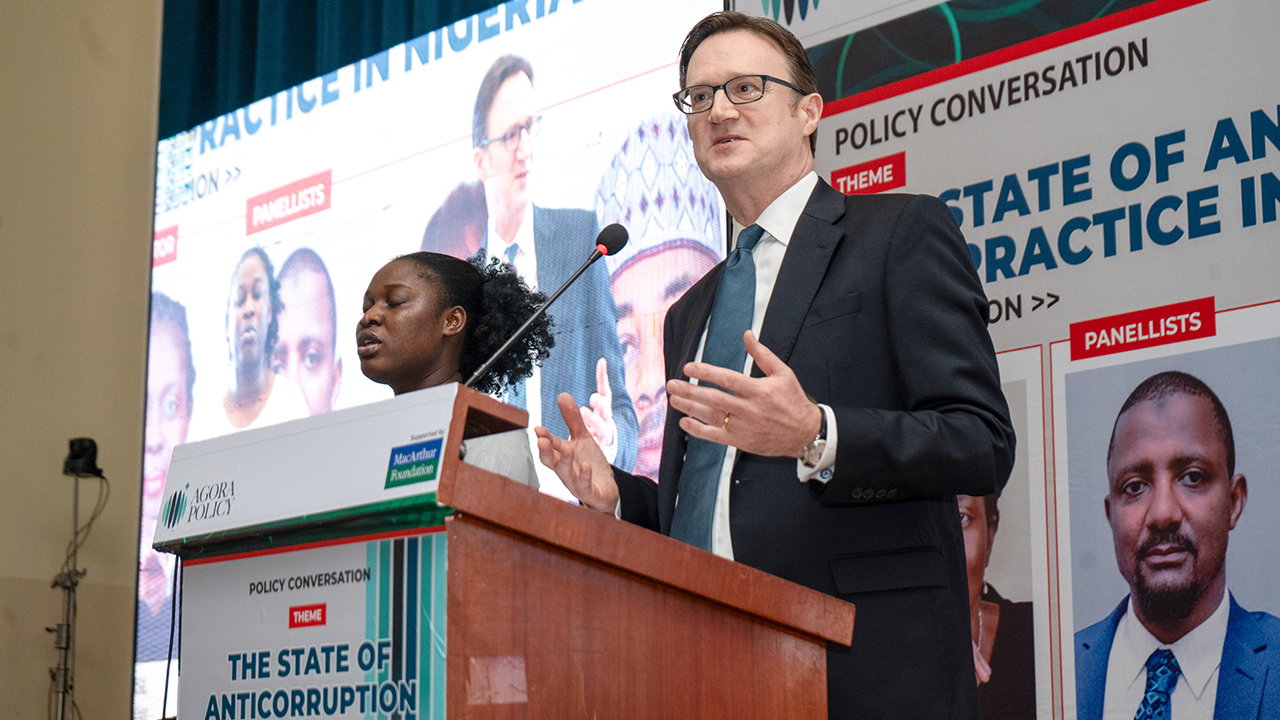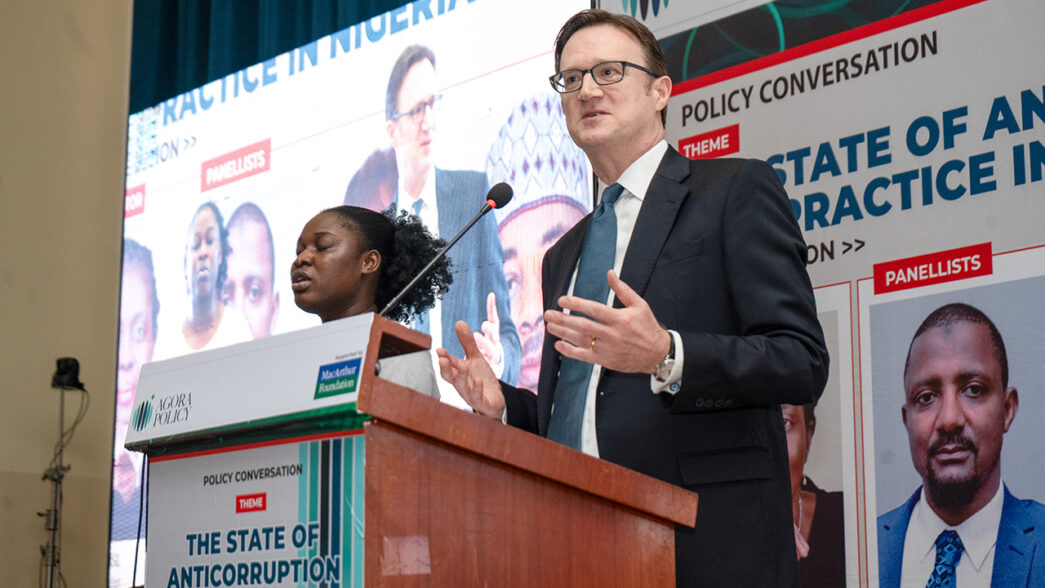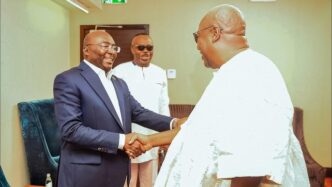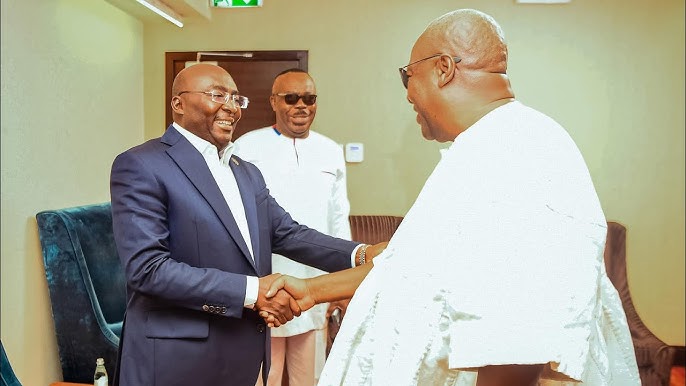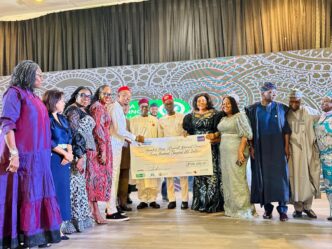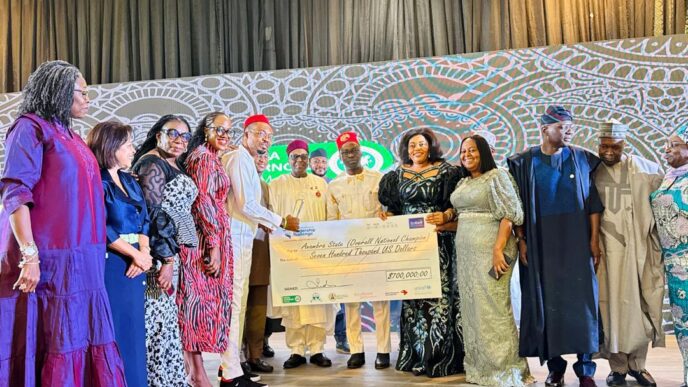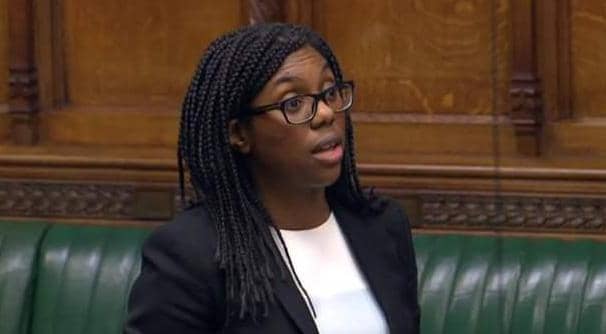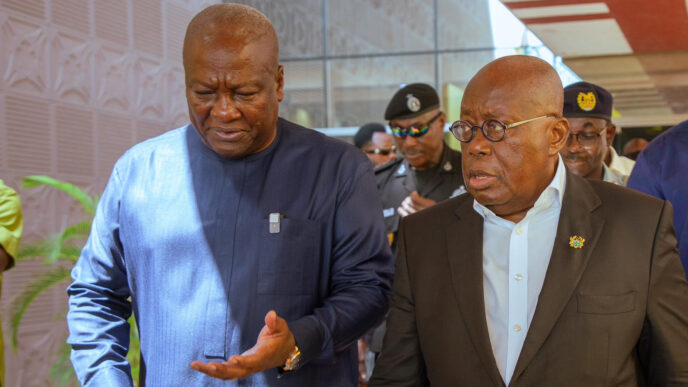Corruption is a sensitive issue, politically fraught. As a foreign diplomat, I have to be careful about what I say. As a guest in your country. I need to avoid making accusations which are disrespectful. I need, as some might say, to ‘stay in my lane’. I have, primarily, come to listen to Nigerian voices and leaders on anticorruption. But I can say things about the general picture, about what the UK has an interest in, and about the collaboration we have agreed with relevant Nigerian authorities.
There is plenty of international evidence about the damage that corruption—in its various forms— does to societies. It diverts public resources. It can perpetuate poverty. It raises the costs of doing business. It breeds distrust between government and the people. There are also plenty of examples of champions of reform, in Nigeria’s civil society and in government, who wish to tackle corruption. I salute them.
We have a history of collaboration in the fight against corruption with our Nigerian partners. Together, we have made significant efforts since the return of democracy in 1999 to build more effective anticorruption agencies: to detect, investigate and prosecute anticorruption and economic crime. The UK’s National Crime Agency has a productive working relationship with the EFCC since its creation under the leadership of Malam Nuhu Ribadu.
We also have a productive relationship with the Central Bank of Nigeria and the Nigerian Financial Intelligence Unit on illicit financial flows. We go after corrupt and illicit financial flows, and asset recovery, whenever they touch on UK jurisdiction and we have the evidence to act.
Advertisement
We have been working together on putting beneficial ownership registers in place, on which there have been real progress in Nigeria. We need to know who really controls any given company to enable better oversight by regulatory, and law enforcement, agencies. There is more to do on this issue, but Nigeria has the potential to be a leader across the African continent in this area.
We have supported, in our small way, Nigeria’s efforts to enact the global Extractive Industries Transparency Initiative (EITI). Over time, NEITI (the Nigerian chapter of EITI) has provided more information on licensing, revenue and expenditure across the extractive sector, especially the oil and gas sector. Though as Waziri Adio’s book, ‘The Arc of the Possible’, explains, there is still much to do. A continuing lack of transparency of the oil sector—its assets, its liabilities as well as its revenues – are a major break on attracting new investors. So again, progress made, but more is needed.
There are of course many challenges still to be dealt with, which are exacerbated by international financial complexity and the global nature of corruption today. Money moves across borders, rightly. But we accept, the UK is not blameless, at all. The UK consistently ranks in the top 15 countries in the Global Financial Secrecy Index. This implies a permissive environment for handling illicit funds that undermines the integrity of our financial markets. We need to do more to address vulnerabilities in both our financial systems—in the UK as well as in Nigeria—that facilitate such activity.
Advertisement
So, what can I say about the way ahead in UK efforts? First, when my Foreign Secretary (Rt. Hon. David Lammy) visited Nigeria in early November and met Nigeria’s Honourable Minister for Foreign Affairs (Ambassador Yusuf Tuggar), they signed a Strategic Partnership between our countries. They agreed that we should work more closely on countering illicit finance. They agreed we should collaborate more on detection, investigation, and prosecution, and do more to address vulnerabilities in local and global financial systems.
This means, second, we will continue to work and cooperate with a number of anti-corruption agencies, on capacity issues, on aligning standards, and in ensuring we can meet the standards required for mutual legal assistance. Third, that we will continue to support the Nigerian government and its agencies in improving financial intelligence and evidence collection which will enable us to bring grand corruption cases to court.
And fourth, and finally, My Foreign Secretary has just launched the process of developing a new UK anti-corruption strategy. This will seek to improve our efforts on anticorruption both domestically and with our international partners. He has, for example, committed to hosting a Summit of Financial Centres in 2025, which will look to drive joint action on this agenda across countries, and in which we hope Nigeria participates. I hope these comments reinforce the UK’s commitment to working with you all.
But real change can only come from within Nigeria: from Nigerian warriors, Nigerian leaders, and Nigerian institutions. We will help where we can, and where we are asked. But we are particularly keen to get behind people who have the courage to take on these issues in Nigeria. And we are keen to share the outcomes of the deliberation here with our central team working on the UK’s anticorruption strategy.
Advertisement
Montgomery, the British High Commissioner to Nigeria, gave this goodwill message at the policy conversation organised by Agora Policy, CDD and CFTPI on Tuesday.
Views expressed by contributors are strictly personal and not of TheCable.
Add a comment

